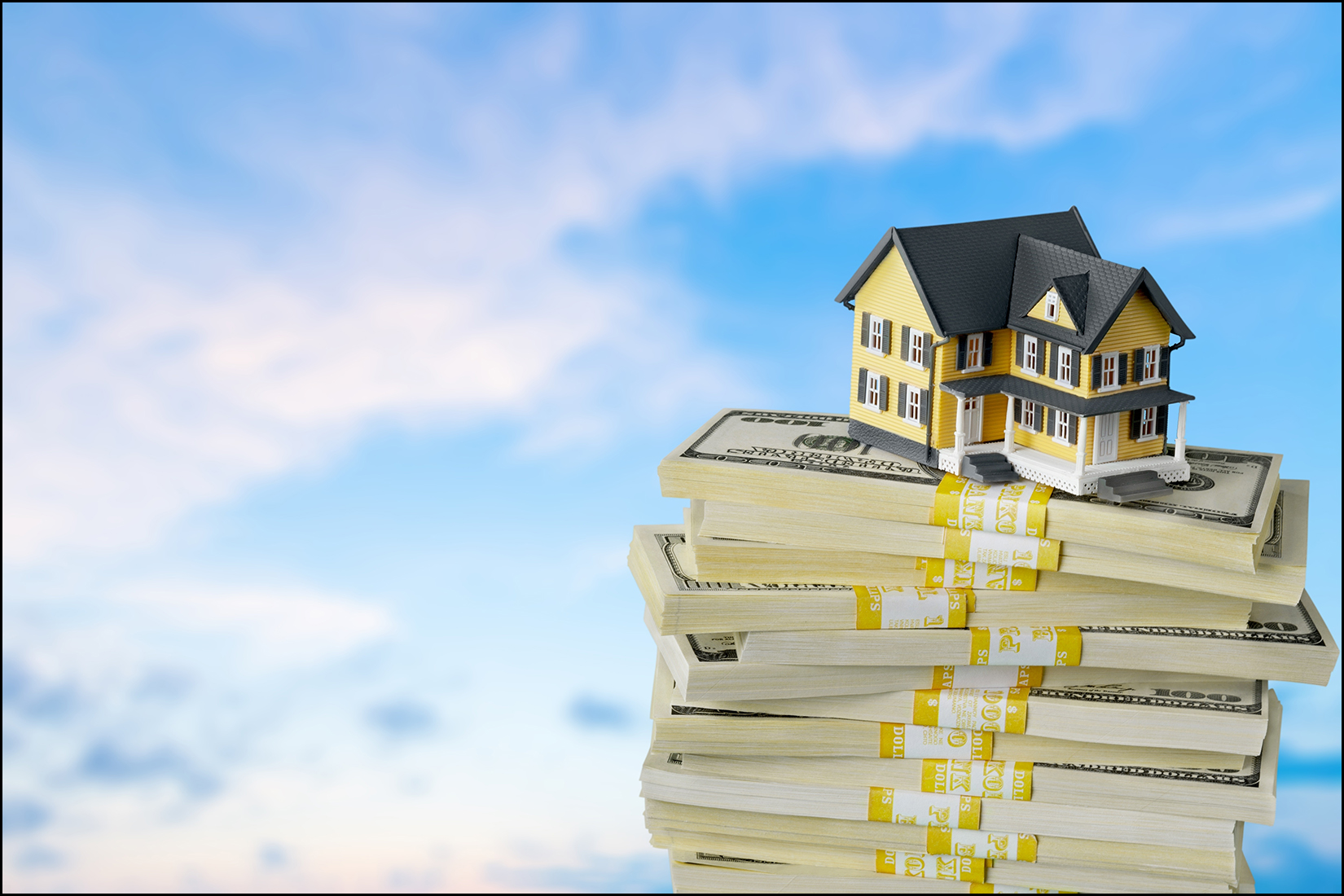Brought to you by Scott P. Rogers, Funkhouser Real Estate Group, 540-578-0102, scott@HarrisonburgHousingToday.com
Brought to you by Scott P. Rogers, Funkhouser Real Estate Group, 540-578-0102, scott@HarrisonburgHousingToday.com
Friday, May 26, 2023

Most (all?) home sellers want to sell their homes for as high of a price as is possible. Makes sense. Why wouldn't you want the best possible price for your home?
Pricing in a low inventory can lead to some interesting questions...
If we look at recent sales that are comparable to your home, and we see a sale for $395K, $400K and $405K... we might conclude that your home is worth right around $400K in the current market.
Different sellers then might choose different pricing strategies:
- $395,000 (just under market value)
- $399,500 (market value, less a smidge to achieve a nicer number)
- $405,000 (let's be reasonably optimistic)
- $409,000 (let's be really optimistic)
- $415,000 (let's be super duper optimistic)
- Etc., etc.
But what if, as you are choosing a price for your home, and you see these list prices of homes in your school district...
- $300,000 (much smaller house)
- $305,000 (much smaller house)
- $307,500 (much smaller house)
- $455,000 (larger house)
- $550,000 (much larger house)
It might be a bit tempting, for some sellers, to then round up from that intended $400K target sales price all the way up to $449K or $450K.
After all, if someone wants to buy in that school district, and they're going to pay $400K or more, they don't have any options until they get up to $455K. So, why not just price a bit under that competing house?
Well, maybe you can already tell from the information laid out above, but buyers will likely look at your $449,500 price and think...
[1] This house seems a lot more similar to those other homes that recently sold for $400,000.
[2] This house is a good bit smaller than the competing $455,000 listing.
[3] I don't think $449,500 is a reasonable price for this house.
[4] It's hard to imagine negotiating a $449,500 house down to $400K or even $410K, so I won't make an offer.
